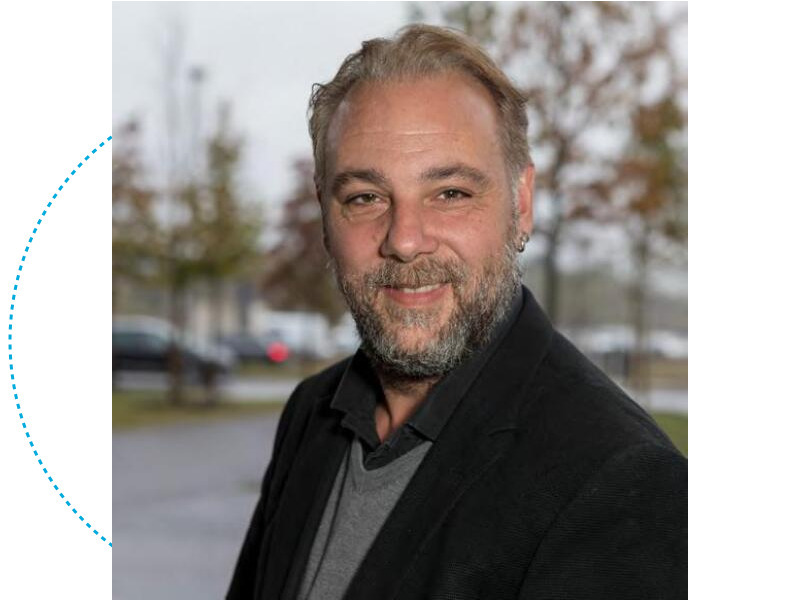For key policy documents of supranational organizations like OECD and others early childhood education institutions are expected to contribute to the children’s successful school careers, future economic growth and the competitiveness of the so called ‘knowledge-based society’. The goal of early language learning has gained a firm position in such debates. This not least applies to the political and professional discourses in officially multilingual countries such as Luxembourg and Switzerland. In contrast to the prominence of the topic in the educational policy debates and for quite a long time, there was only little empirical knowledge about how early childhood education institutions deal with the challenge. The paper aims to shed light on this issue in a systematic way by drawing to findings from several ethnographic field studies conducted in both Luxembourgish as well as Swiss day care centers.
Sascha Neumann, PhD, is a full Professor of Early Childhood Education and Childhood Studies at the University of Luxemburg. Before joining the University, he was Associate Professor of Educational Research at the University of Fribourg (Switzerland) and director of the University’s center of Early Childhood Education (ZeFF). Among other positions, Sascha Neumann is a member of the scientific advisory board of the program “Early Plurilingual Education” implemented by the Ministery of National Education in Luxembourg. His research on topics like multilingualism, participation and inclusion in early childhood education is especially based on educational ethnography as an integrated epistemological approach to analyze everyday practices in these settings.
CONTACT
peter.voss@uni.lu
Supported by

PRIDE15/10921377/CALIDIE/Hu
